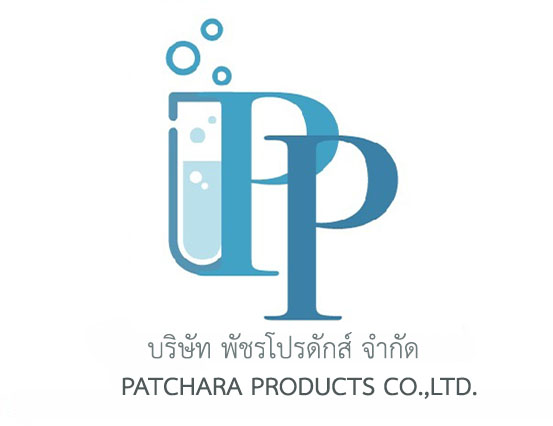The AI market in the food and beverage industry is projected to reach $29.94 billion by 2026. As AI adoption has just began among this industry, it is clearly that AI has significant impact in every aspect of the food supply chain.
In the situation of today’s inflation and rising commodity prices, food and beverage companies around the world are increasingly turning to AI, particularly machine learning (ML), to help them make faster, more informed decisions, drive efficiencies, reduce costs, assess situations and define sales strategies, according to an article written by Terry Sma, Senior Vice President and General Manager, Asia Pacific and Japan.
Applied AI and ML solutions enable the ability to host and visualise data in the cloud, which is critical for identifying ways to improve operational efficiency, reduce costs and minimise waste, to providing faster, more accurate product recommendations to cope with fluctuations in raw material and energy prices, as reflected in three case studies of food and beverage operators from the Netherlands.
- Zeelandia Group, a bakery ingredient business founded in 1900, addressed the challenges of rising costs and shortages of bakery ingredients by using ML models that provided price and product recommendations close to demand. Zeelandia Group was able to prepare product recommendations for customers 83% faster, reducing the time from 30 minutes to 5 minutes through the use of AI. This reduced time allowed Zeelandia Group employees to focus on improving other aspects of their service, while increasing the sales per customer transaction.
- Amalthea, a producer of organic cow and goat cheeses, is using AI and ML to improve environmental friendliness and sustainability. They use ML to reduce waste and identify inefficiencies in the supply chain. They use Applied AI to more accurately predict cheese quality and maximise yield. Previously, Amalthea could only analyse milk once a week using traditional methods, making it difficult to make changes to the production process. Now, Amalthea can use ML to see the yield immediately, as well as analyse insights that lead to changes in the yield directly. This reduces waste in the production process, identifies defects quickly, and makes improvements. These changes increase profitability, and Amalthea expects to save around €500,000 (US$18 million) for every 1% increase in yield.
- Nutreco, an animal feed company, is using Industry 4.0 technology in precision farming in shrimp farming, increasing the production cycle of healthier shrimp by using 30% less shrimp feed. Nutreco also uses acoustic sensors in its aquaculture to listen for and detect when the shrimp are hungry, allowing AI to determine when and how much food to feed them overall, reducing waste from shrimp feed by prioritising shrimp growth.
Read more at: https://www.thairath.co.th/news/tech/technology

